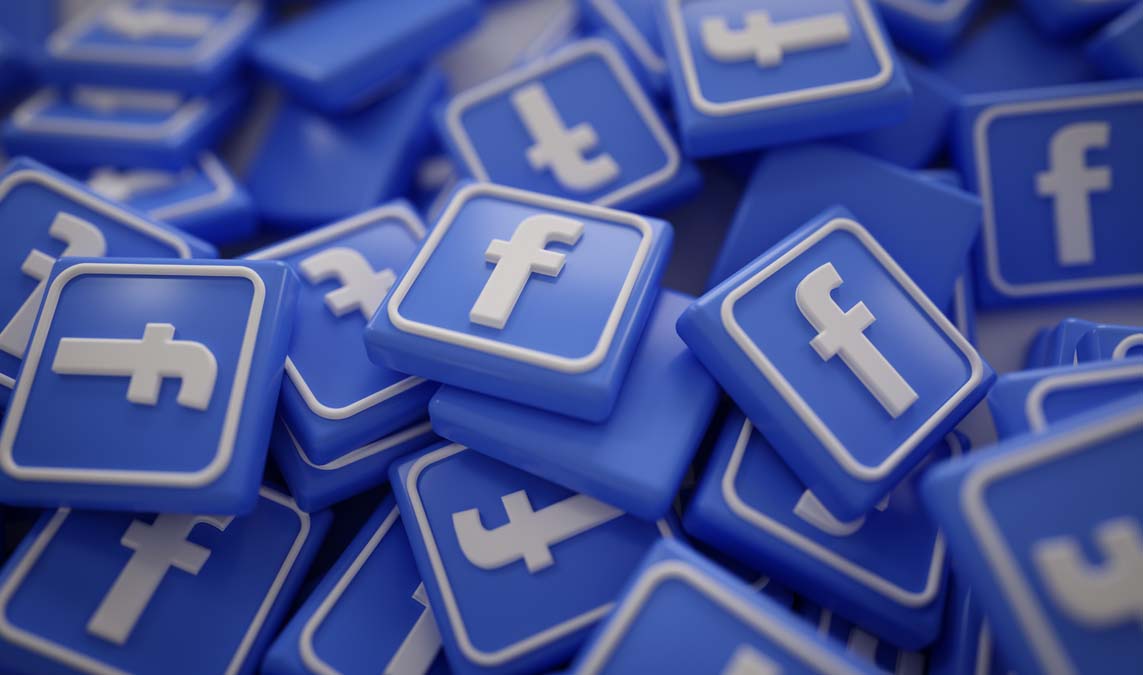The generative AI trend is revolutionizing the digital landscape, empowering machines to create content, art, code, and even music with unprecedented sophistication. From startups to Fortune 500 companies, organizations are rapidly adopting generative AI technologies to streamline workflows, enhance creativity, and personalize user experiences.
At its core, generative AI refers to algorithms that can produce new content based on existing data patterns. Unlike traditional AI systems that analyze and predict, generative AI can create. Whether it’s drafting emails, designing logos, or writing complex code, these systems are redefining how work gets done.
Why the Generative AI Trend Matters
One reason the generative AI trend is gaining traction is its ability to drastically reduce time spent on creative or repetitive tasks. In marketing, for example, AI-driven tools can generate targeted ad copy, A/B test variations, and suggest headlines that improve engagement—all in real time.
Industries like entertainment and fashion are also feeling the impact. AI-generated art is not only a novelty but is now a legitimate tool in design studios. Music producers use AI to experiment with new beats or harmonies, while authors can brainstorm with AI writing assistants to overcome creative blocks.
Key Applications Across Sectors
The influence of the generative AI trend spans across various domains:
Content creation: Blogs, social media posts, scripts, and even books are being generated with minimal human input.
Healthcare: AI models assist in synthesizing patient notes and generating clinical documentation.
Finance: Reports, risk assessments, and forecasting models are now enhanced with AI-generated insights.
Education: Custom lesson plans, quizzes, and tutoring conversations are becoming AI-powered and highly personalized.
These tools not only increase productivity but also enable more experimentation with minimal cost, unlocking innovation.
Challenges and Ethical Considerations
While the generative AI trend presents exciting opportunities, it also brings challenges. One major concern is content authenticity. As AI-generated text, images, and videos become more realistic, distinguishing between human- and machine-made content becomes harder. This raises questions about misinformation, plagiarism, and intellectual property rights.
Additionally, bias in training data can lead to skewed or inappropriate outputs. Ensuring that generative AI systems are ethical, transparent, and inclusive is an ongoing task for developers and policymakers.

Business Strategy in the Age of Generative AI
To capitalize on the generative AI trend, businesses must strategically integrate AI into their processes. This means identifying areas where automation can reduce workload or where AI-generated content can offer creative value.
Training teams to use AI tools effectively is also crucial. Employees should be taught how to prompt systems correctly, verify outputs, and ensure that the generated material aligns with brand voice and standards.
Moreover, businesses must establish clear guidelines around data usage, user consent, and content moderation to maintain trust and accountability.
The Future of the Generative AI Trend
Looking forward, the generative AI trend is expected to accelerate. As computing power increases and large language models evolve, the quality of AI-generated content will only improve. Voice synthesis, 3D modeling, and immersive experiences for AR/VR applications are just the beginning.
We may soon witness generative AI tools that can collaborate more deeply with humans, offering real-time feedback and helping make strategic decisions across various industries. This partnership between human creativity and machine intelligence could redefine innovation in the coming decade.
Final Thoughts
The generative AI trend is not just a fleeting buzzword—it’s a transformative force shaping the future of work, creativity, and communication. While there are still many ethical and practical issues to address, the potential benefits are too significant to ignore. Businesses, creators, and consumers alike should stay informed and ready to adapt as this powerful trend continues to evolve.







